Tanzania is an East African country that is renowned for its rich history, stunning landscapes, and diverse wildlife. Situated between Kenya and Uganda to the north, and Malawi, Mozambique, and Zambia to the south, Tanzania boasts a wide range of habitats, from the towering peaks of Mount Kilimanjaro to the endless plains of the Serengeti. This unique combination of natural beauty and cultural richness makes Tanzania an exciting and enticing destination for travellers from around the world.
Experience the awe-inspiring wildlife and natural beauty of Tanzania by visiting its national parks. Unsurpassed for its natural beauty and scientific value, Serengeti National Park is arguably the best-known game reserve in the world and has a very special magical resonance. The Serengeti has the largest concentration of plains in all of Africa and covers a total of 14,763 km². Most of the great nature programs about the wild animals of Africa are filmed in this endlessly beautiful and varied game area, as the park is home to the largest number of game animals in the world.
Meanwhile, the Ngorongoro Crater is a stunning caldera teeming with wildlife, and is a UNESCO World Heritage Site. The lesser-known Tarangire National Park, with its herds of elephants and baobab trees, is also worth exploring.
Tanzania’s coast is equally stunning, with pristine beaches, turquoise waters, and vibrant coral reefs. Visit the tropical island of Zanzibar, where you can wander through the narrow streets of historic Stone Town and relax on the beach, soaking up the sun. The island also offers opportunities to snorkel, dive, or sail around the archipelago.
The cultural heritage of Tanzania is equally fascinating. The Maasai people, who inhabit the northern part of the country, are known for their distinctive dress and customs. Visitors can experience their culture first-hand by visiting their villages, attending traditional dance performances, and purchasing locally made crafts. In addition, the coastal region of Tanzania is home to the Swahili people, whose culture has been influenced by Arab, Indian, and European traders over the centuries. Explore the ancient ruins of Kilwa Kisiwani or the 19th-century architecture of Bagamoyo to learn more about the history of this vibrant culture.
In conclusion, Tanzania is a country that should be on everyone’s travel list. With its stunning natural beauty, diverse wildlife, and rich cultural heritage, Tanzania offers a truly unique and unforgettable travel experience. Whether you’re seeking adventure or relaxation, Tanzania is sure to delight and inspire you.
Whether you are flying solo, in a group, or on any family vacation, our fine selection of well-curated itineraries take you on a journey to discover the best wildlife places.
What language is spoken in Tanzania?
The official languages spoken in Tanzania are English and Swahili.
What language is spoken in Tanzania?
The Tanzanian shilling is the official currency of the nation. There are numerous ATMs across the nation that dispense local cash and accept Mastercard and Visa. It’s worth noting that some places accept US dollar bills (after 2003), if you plan on purchasing local items during safari, do buy local currency with the help of your Guide.
When is the best time to travel to Tanzania?
The best months to visit Zanzibar’s beaches for beach-goers are from June through October, when the weather will be warm and significantly drier. One of the seven mountains, Kilimanjaro, is a dream come true for climbers. Despite the fact that Kilimanjaro may be climbed all year long, there are two different hiking seasons that are seen to be the most favorable for reaching the summit. The two dry seasons on the peak are from January to March and from June to October, with the former being cooler and more likely to have snow on the summit.
What kind of accommodation is available while in Tanzania?
All national parks and game reserves have safari lodges and open camping areas. While simple camps only provide the most basic amenities, such as toilets and showers, luxury tented camps offer amenities comparable to those of a hotel or lodge, including en-suite bathrooms, restaurants, and swimming pools. A few top-end luxury lodges have expensive prices, but the majority of the accommodations are basic and geared for families and tour groups. Most climbers on Mount Kilimanjaro spend their nights in tents or at huts along some of the climbing routes.
How long does it take to get a Tanzanian visa?
Visa requests for Tanzania are processed in ten days. You must hold off on starting your travel to Tanzania until your payment for a visa there has been accepted.
Do I need a visa and a passport to travel to Tanzania?
A visa is required when travelling to Tanzania from the United States and Canada. Currently, this can be obtained at arrival airports and border crossings and is valid for 90 days. A valid passport is mandatory. Your passport must be valid for at least 6 months beyond the date you expect to leave Tanzania. Apply online via https://eservices.immigration.go.tz/visa/start
How welcoming is Tanzania to LGBTQ travelers?
You should be aware that Tanzania is just one of many traditional, conservative cultures in Africa who believe LGBT lifestyles are “un-African.” A couple should be aware that openly sexual behavior in public is virtually never appropriate, regardless of whether they are heterosexual or part of the LGBT community. Many Tanzanians “stretch” this to find it offensive when couples demonstrate public affection.
Is it safe to travel to Tanzania?
Like everywhere else, you should keep your valuables close to you and out of sight. There are many wild animals, and you should always follow your guides’ recommendations. On the majority of our trips, you will be taken care of by our agents, who will meet you and transport you to all sites.
What vaccinations are required or suggested for travel to Tanzania?
Tetanus; Tetanus is widely present in soil and can rapidly spread to open wounds. Every ten years, you should obtain a tetanus shot if you plan on traveling.
Typhoid; In addition to living situations that are unhygienic, typhoid can also spread through contaminated food and water.
Diphtheria; This deadly disease is often spread by spitting, although it can also spread through incisions on the skin.
Yellow Fever; Infected mosquito bites spreads this illness. This vaccination is not required if you are flying directly to Tanzania. However, you must take it if you plan to travel through a country where yellow fever is a problem. While it shouldn’t be necessary to be immunized in order to pass through an airport in a nation that is afflicted, even briefly leaving the airport would require it, Visas for Tanzania.
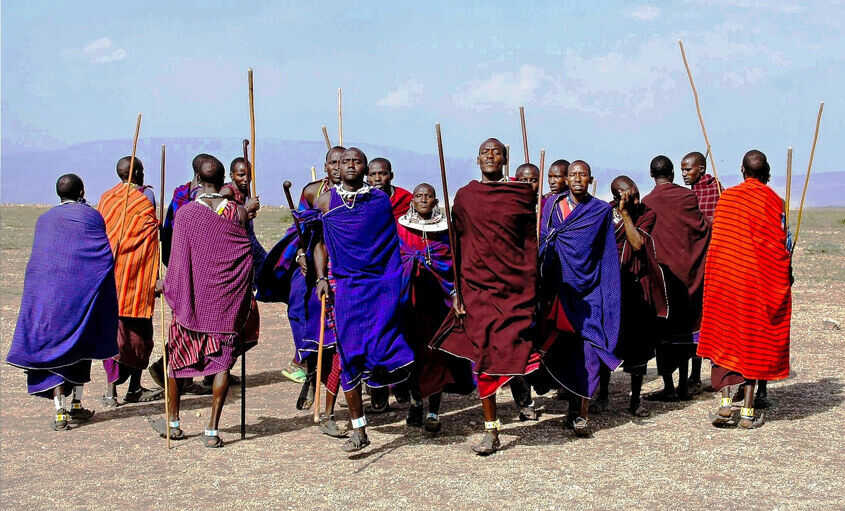
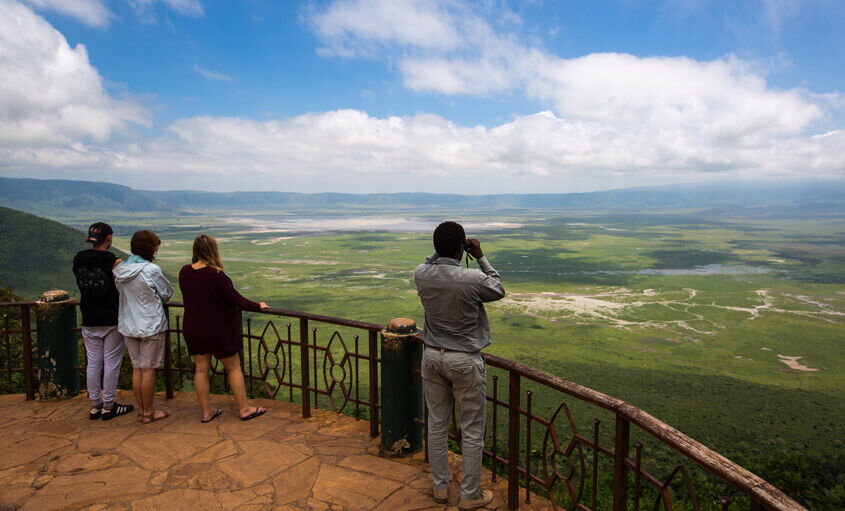
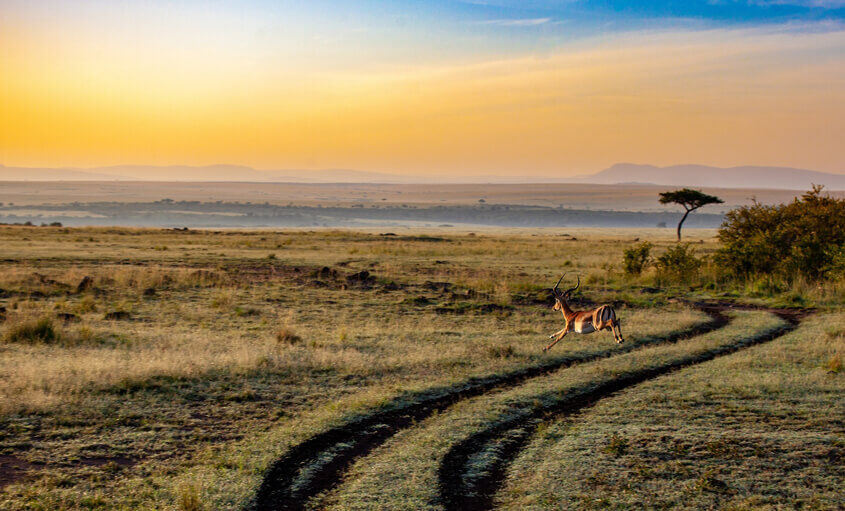
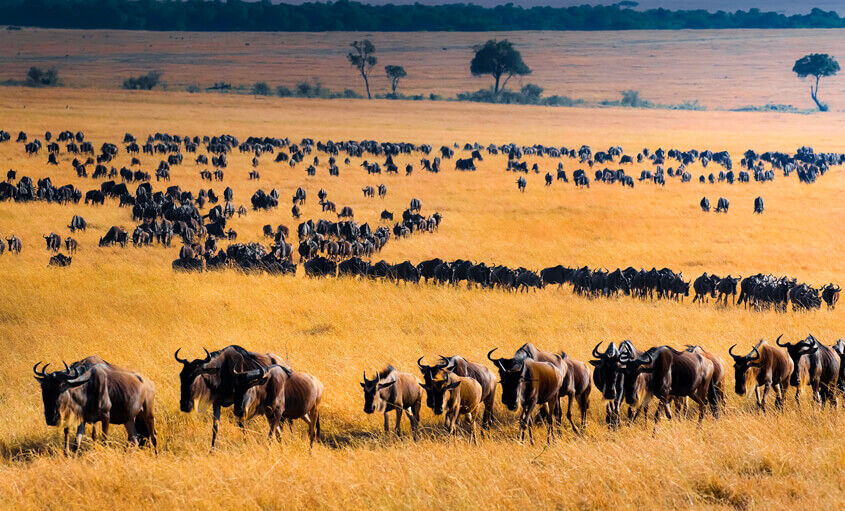
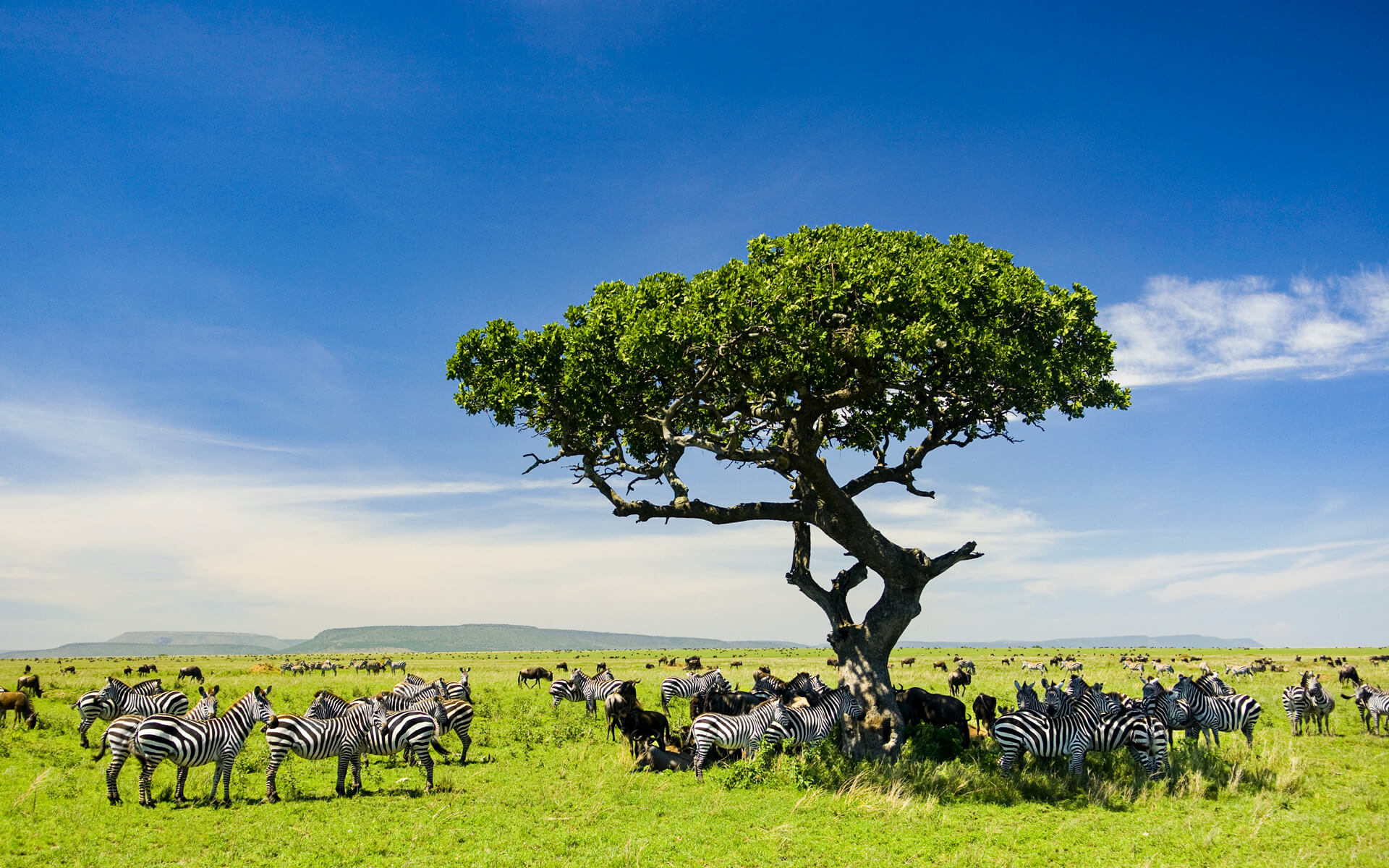
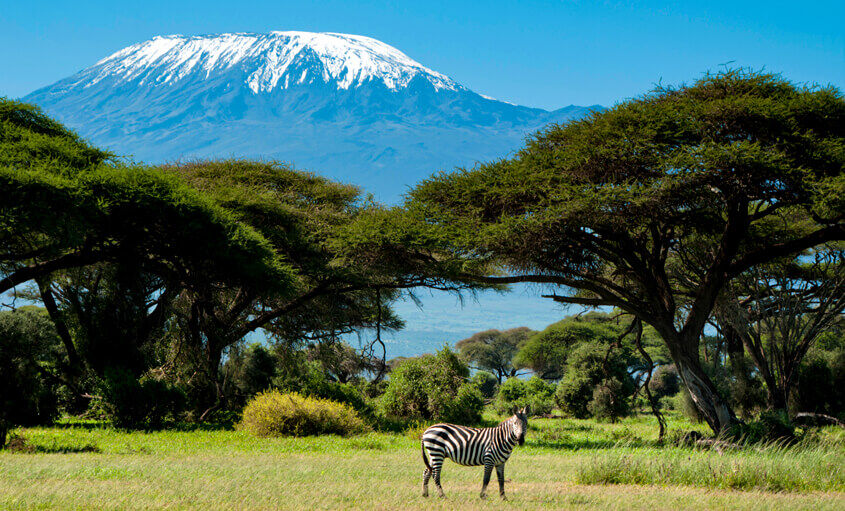

Whether you’re planning a safari, or have a question about traveling to Africa, our Travel Specialist would love to respond to your inquiries. Drop us a message.